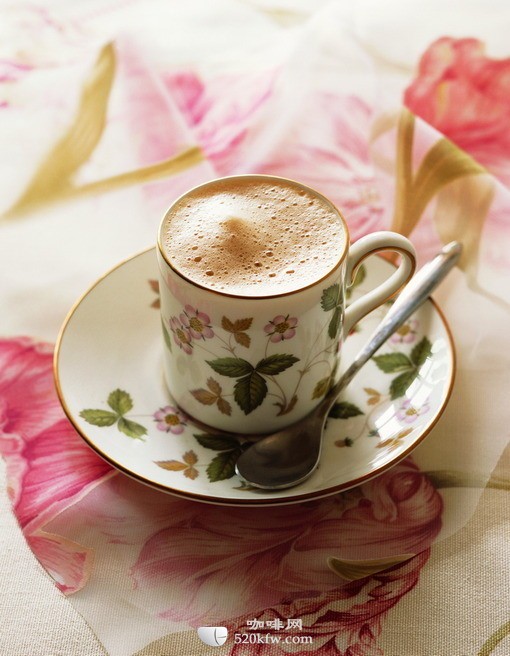Coffee is just a psychological function.








There seems to be a general consensus that drinking coffee can lift one's spirits, but a recent British study has found that it is not the effect of caffeine but the psychological effect that makes you feel refreshed and refreshed to start work when you are tired.
The University of East London experimented with 88 people aged 18 to 47 who drank more than two cups of coffee a day and divided them into two groups. one group told them to drink decaffeinated coffee, but in fact they drank regular coffee, while the other group did the opposite. After drinking a cup of coffee, ask them to take a test to test their attention, reaction time, mood, and so on. The results showed that the group who thought they drank caffeine had better attention and response. The researchers said that from this experiment, coffee itself does not increase attention, but rather that people who think they have drunk coffee are more focused when they have psychological support.
But why do people feel different after a cup of coffee in the morning? The researchers say the reason is likely to be that the cup of coffee reverses the "fatigue effect" of an overnight caffeine-free supply.
Long-term use of caffeine can easily make people feel tired
Caffeine stimulates the nerves to achieve an exciting effect. Researchers at the University of Bristol in the UK have found that people who regularly drink caffeinated drinks gradually become "resistant" to this stimulating effect.
The researchers surveyed 379 adults, half of whom never or rarely drank caffeinated drinks, while the other half regularly drank such drinks. The researchers asked them not to drink caffeinated drinks for 16 hours, followed by coffee or a placebo with no actual effect. The assessment found that regular caffeinated drinkers had the same level of excitement after drinking coffee as those who rarely drank coffee after drinking placebos.
The researchers believe that "people who regularly drink caffeinated drinks feel that caffeine excites them, and the effect of drinking coffee, tea or other caffeinated drinks in the morning is particularly obvious." long-term use of caffeine tends to make people feel tired, and drinking coffee in the morning makes people who regularly drink caffeinated drinks get their excitement level back to the level of ordinary people.
Important Notice :
前街咖啡 FrontStreet Coffee has moved to new addredd:
FrontStreet Coffee Address: 315,Donghua East Road,GuangZhou
Tel:020 38364473
- Prev

Drink coffee in moderation
Drinking too much coffee is bad for your health, but drinking a moderate amount of coffee can not only refresh your mind, but also have a variety of health benefits. A new study published in the journal Hepatology of the American Society for the study of liver Diseases suggests that drinking two cups of coffee a day can reduce the risk of death from liver cirrhosis by 66%. The Singapore Chinese Health study lasted 15 years, and the researchers followed 63000 participants aged 45 to 74.
- Next

Since coffee has so many benefits, is it more effective to drink a lot of coffee?
Since coffee has so many benefits, is it more effective to drink a lot of coffee? If you drink a lot of coffee at the extreme, it will be poisoned because you eat too much caffeine. Caffeine works in the same area of the brain as cocaine and heroin. The dose of caffeine poisoning is that the caffeine content of less than a kilogram of human body weight reaches 150-200mg, which is equivalent to four hours.
Related
- Beginners will see the "Coffee pull flower" guide!
- What is the difference between ice blog purified milk and ordinary milk coffee?
- Why is the Philippines the largest producer of crops in Liberia?
- For coffee extraction, should the fine powder be retained?
- How does extracted espresso fill pressed powder? How much strength does it take to press the powder?
- How to make jasmine cold extract coffee? Is the jasmine + latte good?
- Will this little toy really make the coffee taste better? How does Lily Drip affect coffee extraction?
- Will the action of slapping the filter cup also affect coffee extraction?
- What's the difference between powder-to-water ratio and powder-to-liquid ratio?
- What is the Ethiopian local species? What does it have to do with Heirloom native species?

